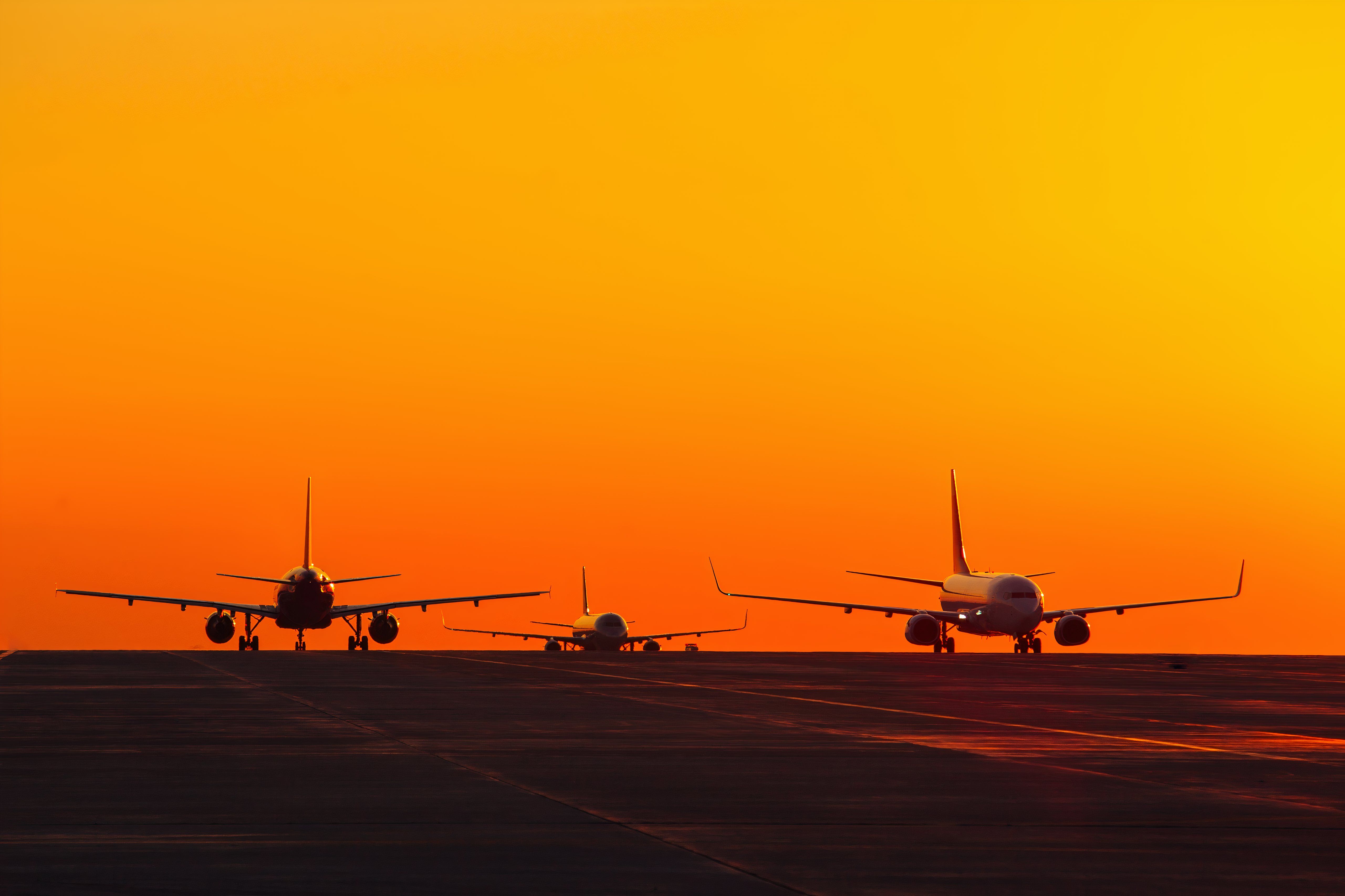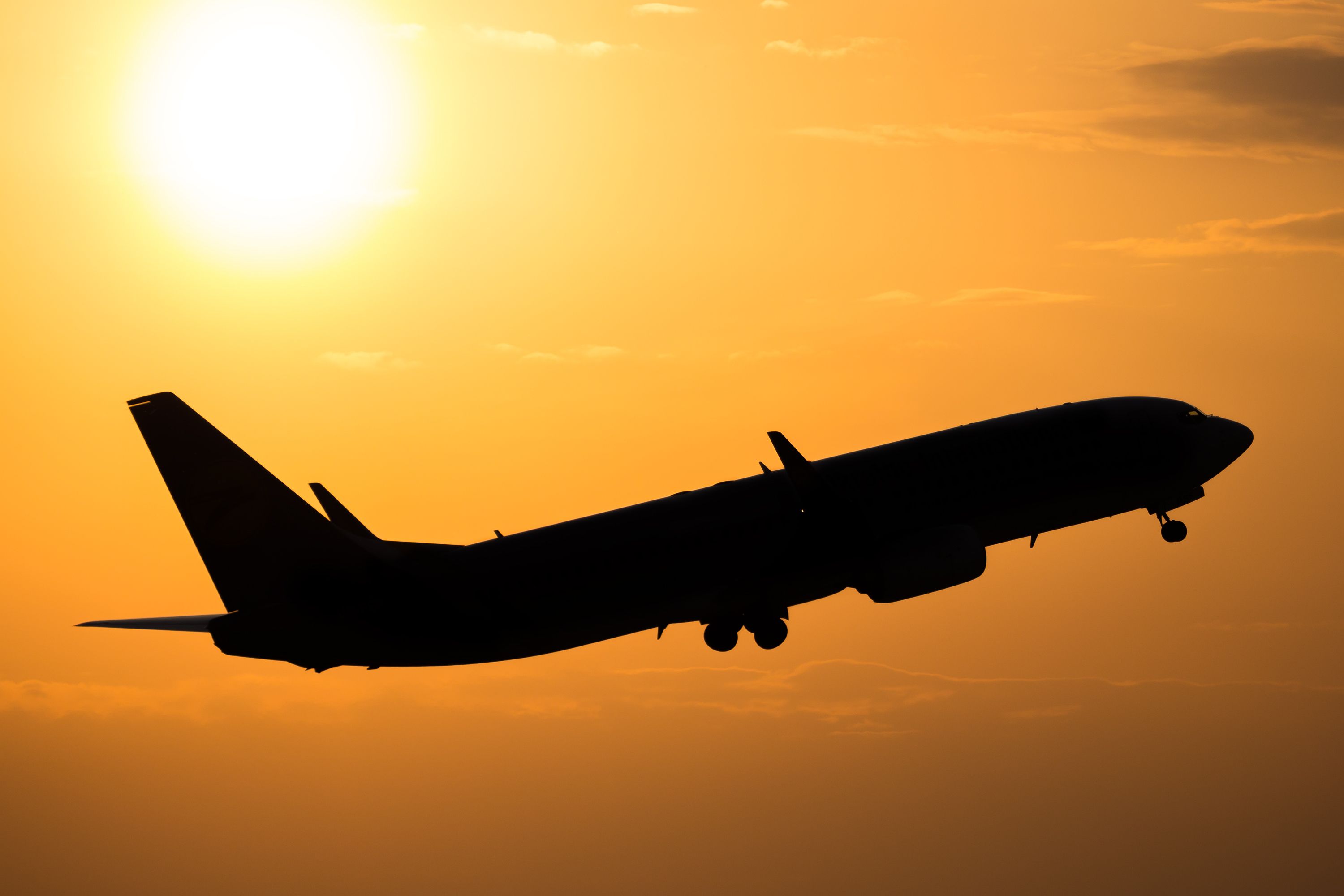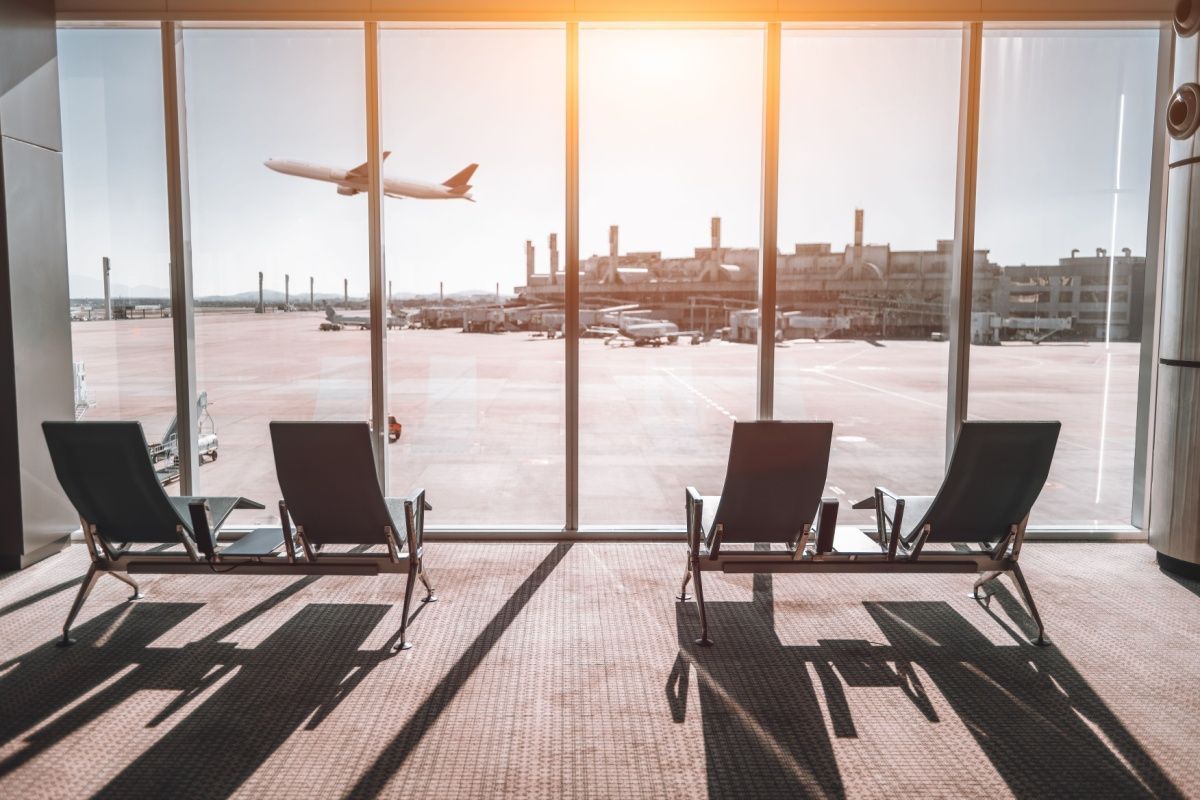Airline preference can depend upon many factors. While low ticket prices play a huge role, sometimes word of mouth and online reviews can greatly influence our decision to fly a particular airline.
But a new study found that there’s an increasing trend of fake reviews being circulated for airlines, which could potentially have long-term impacts on consumer trust and even the reputation of the carriers.
189% increase in fake airline reviews
With Chat-GPT and other large language models growing in popularity, their influence on our daily lives is only gradually being unfolded. While optimists feel that these innovative technologies have the potential to make our professional and personal lives more efficient, many are also worried about the spread of misinformation, among other dangers of LLMs.
One such study, conducted by Originality.ai, a plagiarism AI checker, found an increasing trend of fake customer reviews online, including those for airlines.
Photo: Oleksii Halutva | Shutterstock
The study points out that artificially generated reviews have seen significant growth in the last few years, encouraged by the use of popular AI tools. It said that such reviews have increased by 400% on the e-commerce website Amazon since Chat-GPT launched and that even the airline industry is being affected by it now.
According to Originality.ai, since the introduction of Chat-GPT for the general public, fake AI-generated airline reviews have increased by a staggering 189%. This is crucial as many customers rely significantly on online reviews, among other things, before making their ticket purchase.
Recent spurt
While the concept of fake reviews is not new, the sudden rise of AI-written reviews online could be viewed as a matter of concern. Artificially created reviews have seen a massive increase since 2020, and various new AI tools over the last few years have only fueled this trend.
Photo: M101Studio | Shutterstock
The report highlights that the release of Chat-GPT in 2022 and then ChatGPT-4 in 2023 have played a significant role in opening the floodgates for AI-generated reviews across various online platforms and industries, including the aviation sector. And it’s quite difficult for readers to separate fact from fiction. John Gillham, CEO at Originality.ai, explains,
“Despite confidence in their own ability, humans tend to struggle to spot AI-generated content. A study revealed that experienced teachers only accurately identified 37.8% of AI texts. Which is why AI content detectors are so important. They’re significantly more effective than humans at identifying AI content.”
Many global airlines named in the report
While fake reviews have reached almost all major carriers across the world, Originality.ai found that some airlines have seen more of such reviews than others. The carrier with the most AI-generated reviews was found to be China Southern Airlines
, with more than 30% of its reviews having some kind of AI content.
Photo: skyNext l Shutterstock
Among the US carriers, Southwest was at the top with “an AI-generated review rate of 8.7% in 2024,” while United Airlines witnessed the highest increase of fake reviews among US airlines, with a growth of 157% in one year.
On the other hand, carriers like Ryanair and Emirates saw a dip in AI-generated reviews in the last year. The full report can be accessed at Originality.ai.




